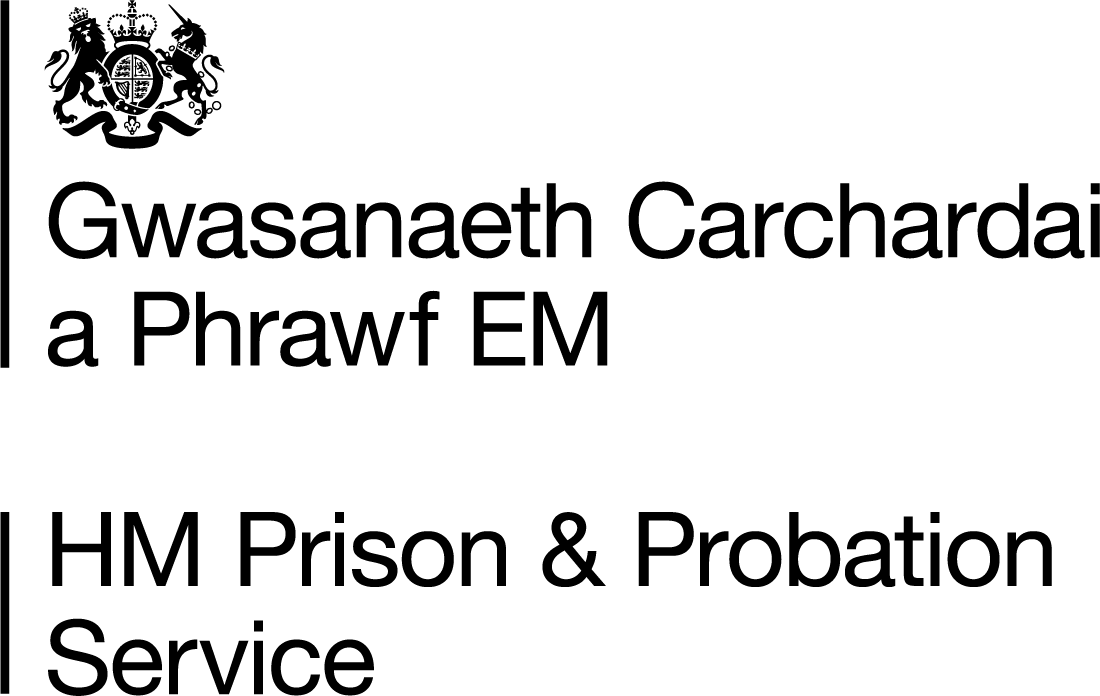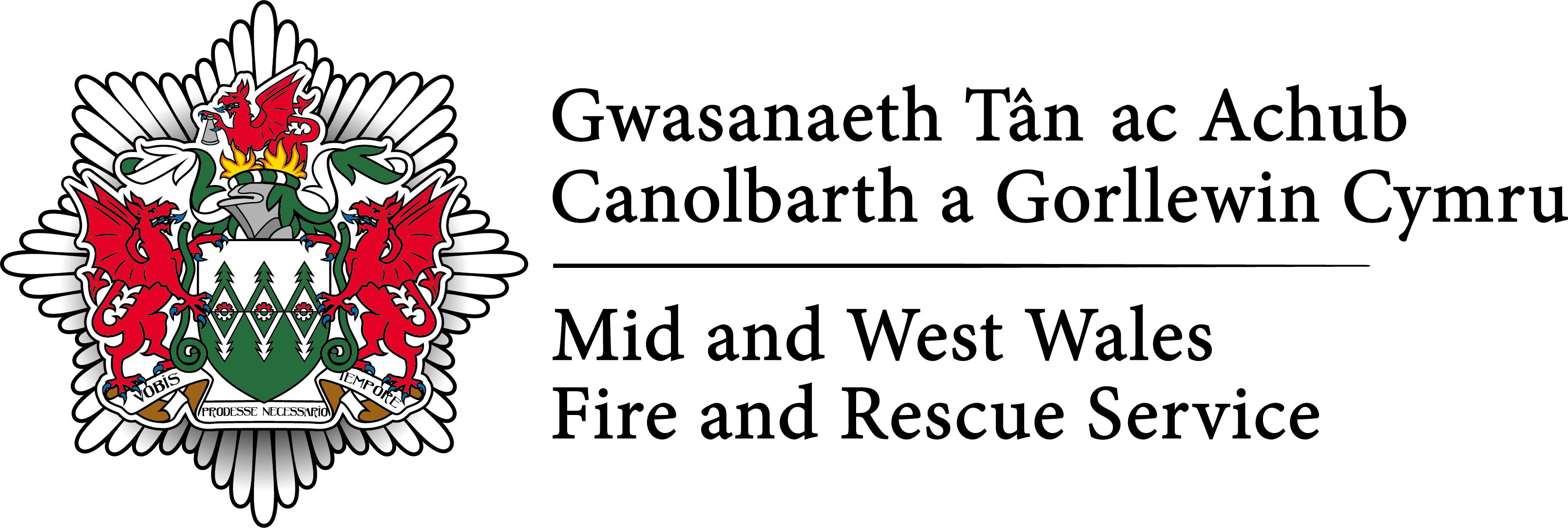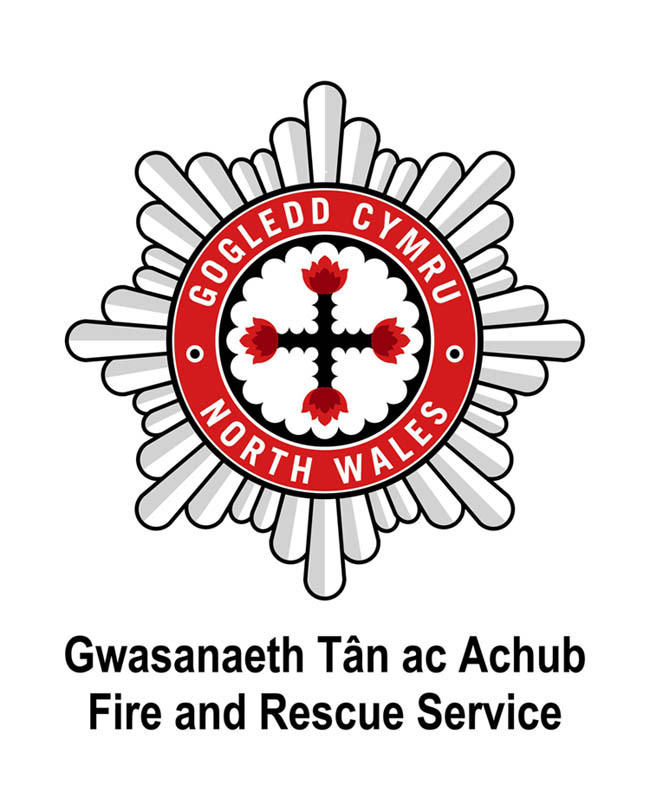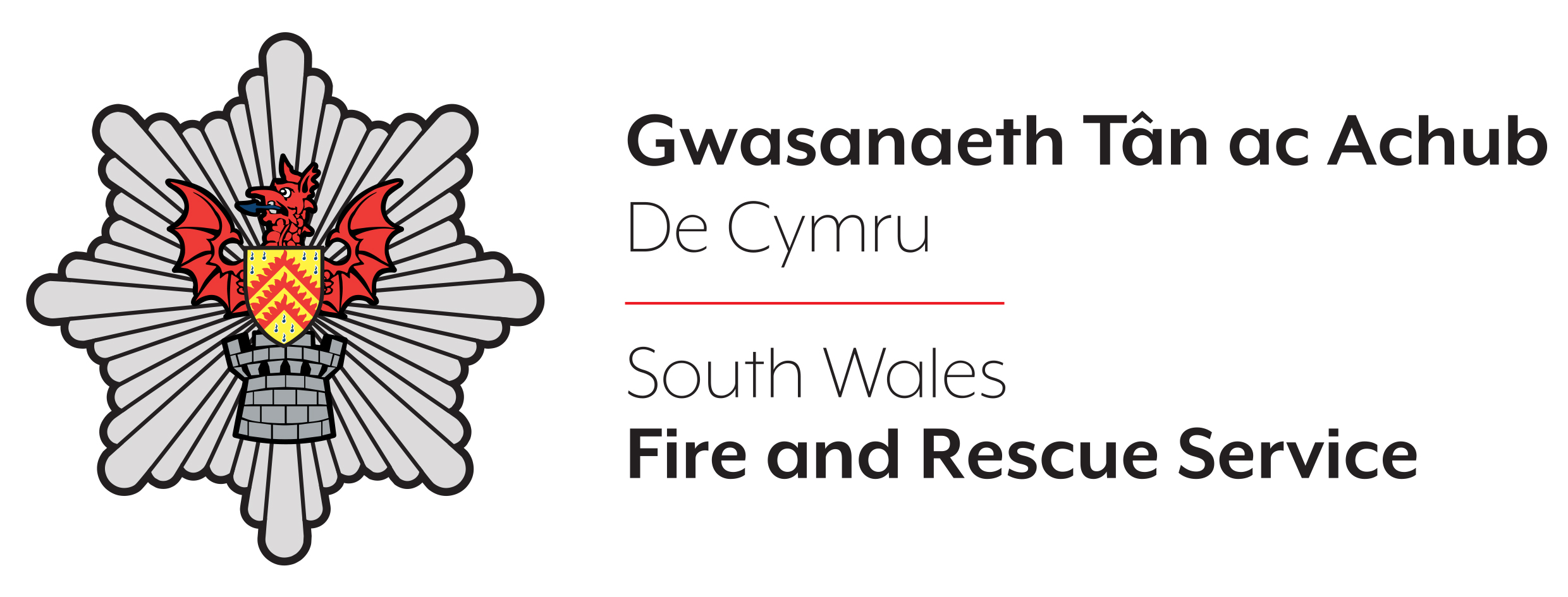- Online Safety Act (2023)
- Computer Misuse Act 1990: offences against computer systems such as hacking or denial of service.
- Investigatory Powers Act 2016 and Investigatory Powers Act 2000: offence to intentionally intercept a communication.
- Data Protection Act 2018
- Malicious Communications Act 1988 and the Communications Act 2003: legislation in regards to trolling.
- Domestic Abuse Act 2021
- The NIS Regulations 2018
- Criminal Justice and Courts Act 2015
- The Privacy and Electronic Communications (EC Directive) (Amendment) Regulations 2011
- Video Recordings Act 2010
- Serious Crime Act 2007 and Serious Crime Act 2015
- Fraud Act 2006
- Companies Act 2006
- Sexual Offences Act 2003
- Trade Marks Act 1994
- Official Secrets Act 1989
- Counterfeiting and Forgery Act 1981
- Misuse of Drugs Act 1971
- Firearms Act 1968
- Obscene Publications Act 1959
Plus depending on the crime any of the acts under those see the different topics, especially crime & crime prevention, modern slavery & exploitation, VAWDASV, Safeguarding and Early Intervention










